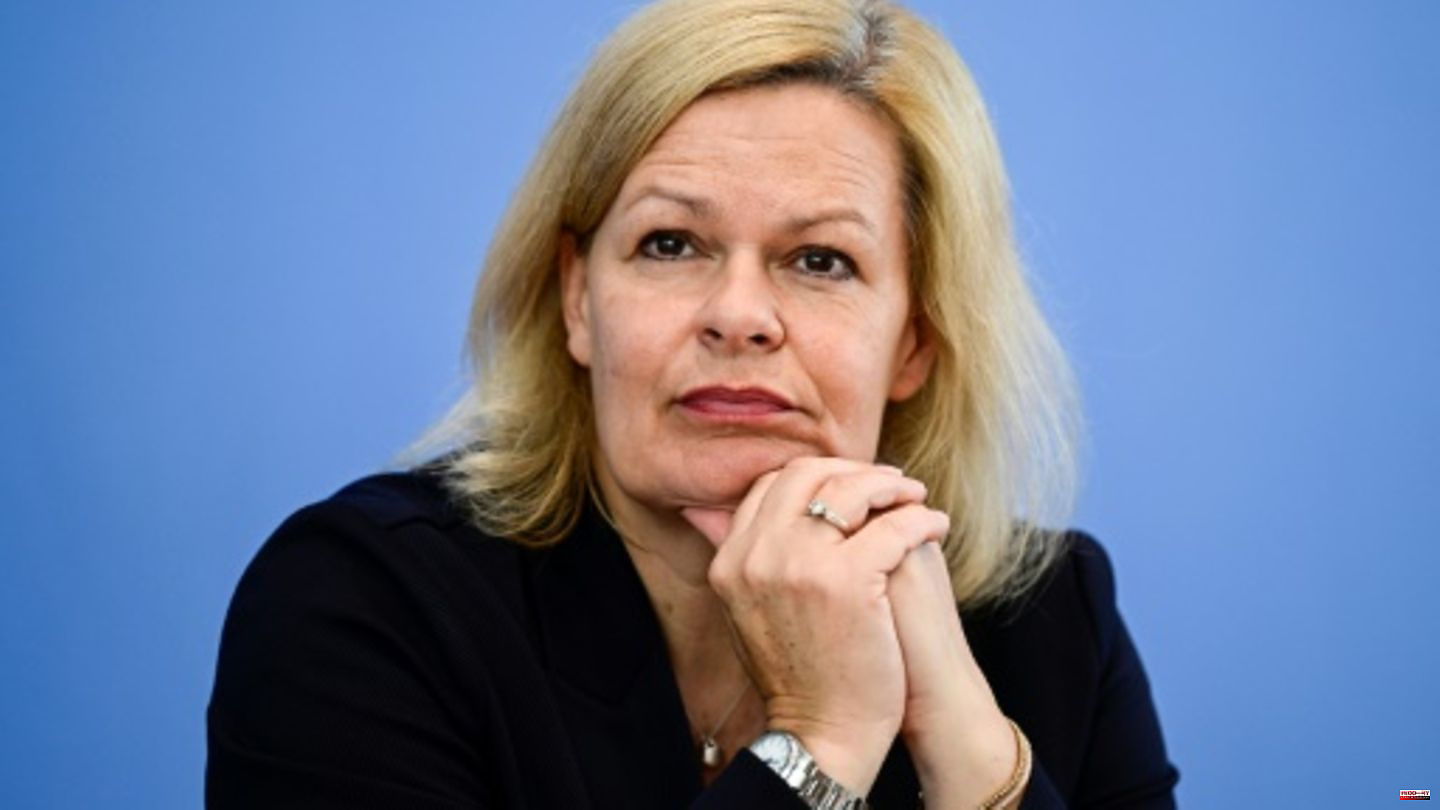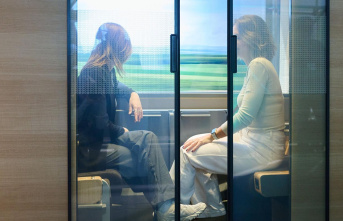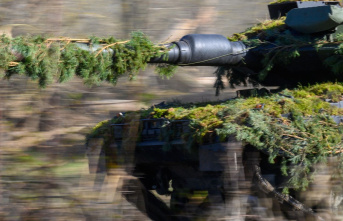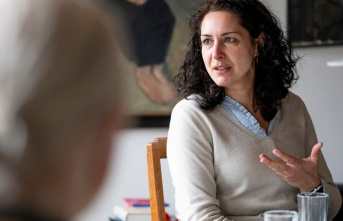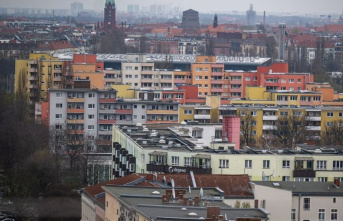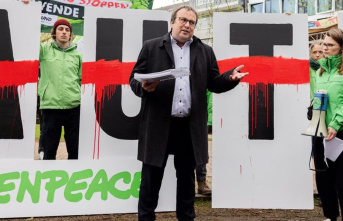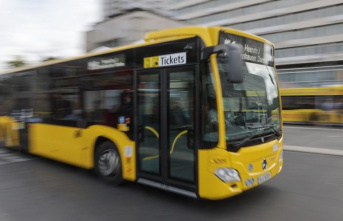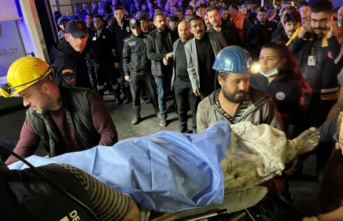"The protection of our critical infrastructure has the highest priority," assured the minister. The security authorities take "additional protective measures where necessary". The protection of maritime infrastructures has been "increased by a significantly increased presence of the federal police at sea".
Faeser announced that she would "submit key points for a KRITIS umbrella law to the cabinet later this year". The operators would have to "arm themselves comprehensively against dangers such as natural disasters, terrorism, sabotage but also human error". The government will introduce further reporting requirements for security incidents and thus "strengthen security of supply in Germany and Europe".
The chief executive of the German Association of Cities, Helmut Dedy, called on the government in the "SZ" to inform the population more about the possible consequences of energy shortages or sabotage. "A blackout is a realistic scenario," Dedy said. In such a case, a functioning emergency supply of water and heat is "only possible for a maximum of 72 hours".
Dedy warned that municipal civil protection could not cope with blackouts lasting several days alone. In addition, the people in Germany are "so far inexperienced with crises and disasters". "That's why continuous, transparent and low-threshold information about possible risks is important," warned the city association's managing director.
Because of the Russian war of aggression against Ukraine, in which Germany is clearly on Kiev's side, concerns about attacks on Germany's infrastructure have increased significantly. On Saturday last week, sabotage on Deutsche Bahn's cable network led to a failure of train services in large parts of northern Germany.
At the end of September, four leaks were discovered off the Danish island of Bornholm on the Nord Stream 1 and 2 gas pipelines, which run from Russia to Germany. According to an official Danish-Swedish report, they were caused by violent explosions.

